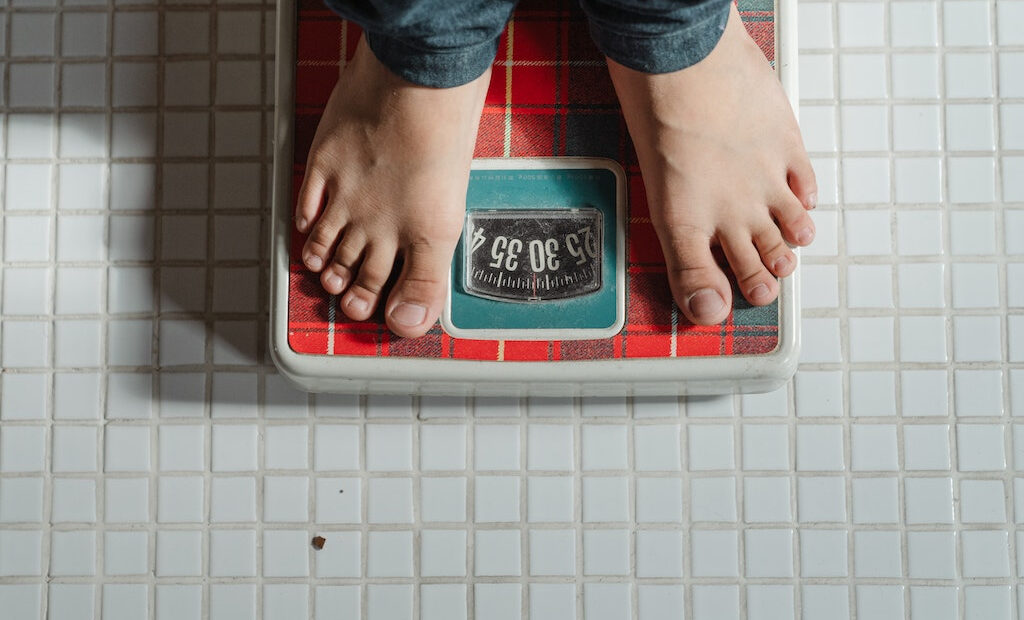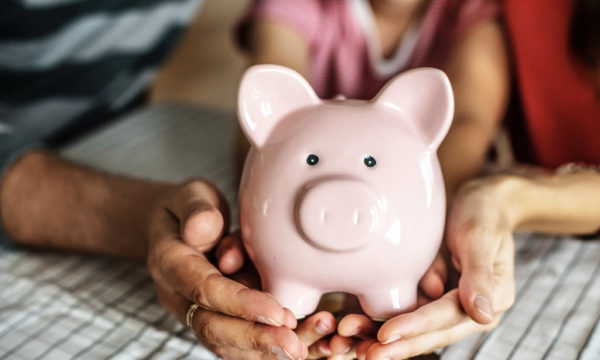Five ways to beat eating out of boredom

The conveniences of modern life are both a blessing and a curse, and one of the most obvious signs of this is the growing global obesity rate. Not only are portion sizes steadily increasing in many countries, snacking between meals has also become an epidemic.
It’s become all too easy to reach for a bag of chips or cookies out of boredom, and frequent snacking over time can lead to long-term weight gain and heart disease. But there’s no need to despair, however. Here are five ways to get out of the habit of eating out of boredom.
Don’t restrict favuorite foods
The secret has been out for quite a while that fad diets don’t work, fundamentally because they are usually extreme and unsustainable. If certain previously enjoyed foods that were eaten on a regular basis are cut out completely, studies show it won’t be possible to stick to this new diet for long; dieters might be able to cut out the item for two weeks or so, but this can eventually lead to binge eating.
For instance, someone with a weakness for brownies might find they reach for them when bored more often than they know is healthy. If the solution to this is to cut brownies out completely – because “brownies bad, broccoli good” – they are set up for failure.
The proper solution to this problem is not cutting them out altogether, but rather deciding on a certain amount allowed each week. If one vows never to eat another brownie ever again, there could come a day when the craving for one grows so strong that it’s impossible not to buckle and eat an entire pan of them in one night.
Instead, getting ahead of cravings by setting up a schedule and allowing indulgence in moderation will make for a more practical solution. Cravings happen, and if we fight them with extreme denial, we could find ourselves losing that battle every time.
Make sure to get proper nutrients
It’s always recommended to visit a doctor for health issues, but often there is an easier solution for ending cravings. The body produces leptin, the “full hormone”, not based on the volume of food consumed, but rather on the balance of nutrients that it has.
This is why one can snack all day and somehow still feel hungry. That’s not actually hunger – the body is instinctually searching for the nutrients it’s lacking. For this reason, if a diet is filled with foods high in protein, fibre, vitamins and minerals, cravings will decrease significantly, and there will be much less likelihood of snacking out of boredom.
Check hormone levels
For those who have a poor diet or an underlying health issue, there could be a more scientific reason why they can’t kick their cravings. If hormones are imbalanced, the body can get confused about whether a person is hungry or full. This causes hunger spikes, and if the problem isn’t addressed, it can lead to long-term weight gain as well as other serious health problems.
There are three specific hormones that need to be in balance to keep cravings at bay:
- Leptin: Leptin is the hormone that tells our brain we’re full. It begins in fat cells and travels to the brain after a meal. That’s why it’s important to eat slowly and give leptin a chance to make it to the brain before overeating. If this hormone is imbalanced, it can lead to always feeling hungry, which then causes cravings and snacking. If left unchecked, an increase in leptin can also increase cortisol, which causes stress and even more cravings.
- Insulin: Insulin is produced by the pancreas and regulates blood sugar levels. It allows the body to metabolise sugar in the blood and is incredibly important for weight management. If a person is snacking too often and their body builds up more insulin than it can burn through, they could develop what’s called insulin resistance. This means that, instead of converting food into energy via insulin, the body is storing it as fat. This can cause weight gain over time and lead to Type 2 Diabetes.
- Ghrelin: While leptin is the “full hormone”, ghrelin is the “hunger hormone”. It functions to regulate appetite and tell the brain when a person is hungry. Ghrelin levels spike in the blood according to normal eating patterns, but if left unbalanced, this hormone can lead to constant cravings and snacking. Stress and sleep deprivation can also cause ghrelin to sporadically rise.
Keep busy
For those who find themselves snacking out of sheer boredom, an important question to ask is why they have so much time on their hands. If they’re bored at work, perhaps they’re working a job that isn’t fulfilling or keeping their attention; if they’re bored a lot at home, could they be doing household chores or picking up a hobby that could fill that time?
Many people find that if they adhere to a bedtime ritual like brushing their teeth and curling up in bed with a book and a cup of hot tea, they become comfortable with the routine and are less likely to snack after dinner. If one snacks too much during the day, it’s worth setting a goal to track steps and achieve a certain number every day. This will help with keeping busy and distract from those cravings.
Don’t keep quick snacks lying around
This advice can seem like common sense, but it bears repeating: it doesn’t take a mathematician to know that the sum total of 0 is 0. If there are no unhealthy snacks at home, it won’t be possible to snack.
Removing cravings from one’s life can be an uncomfortable process, so it best to be sure to set up for success. For instance, on the shelf where there used to be chip bags, there could be a small note with a reminder of those new health goals. Small changes like this over time will help overpowering cravings to live a more healthy lifestyle.
The editorial unit


















Facebook
Twitter
Instagram
YouTube
RSS